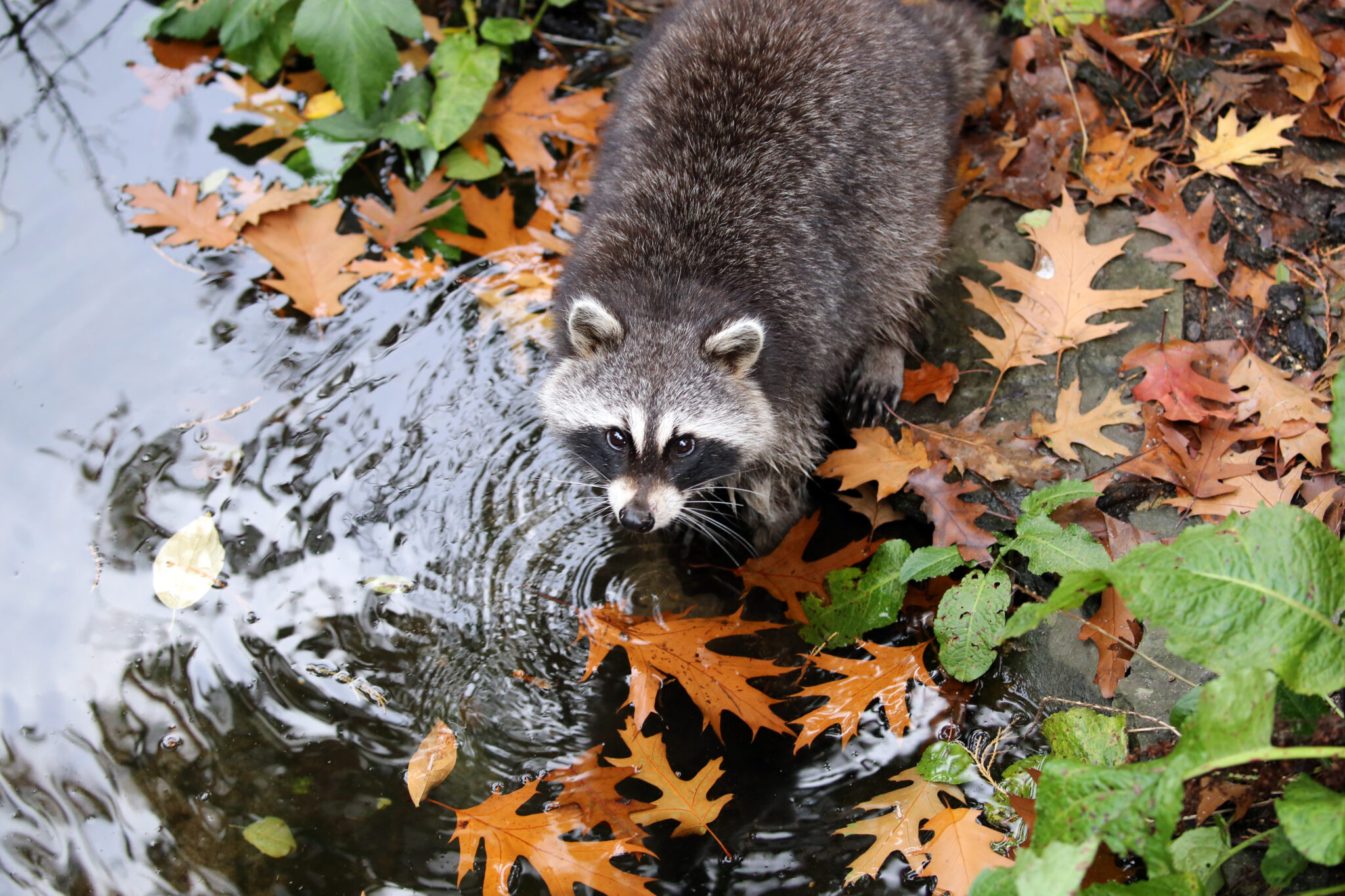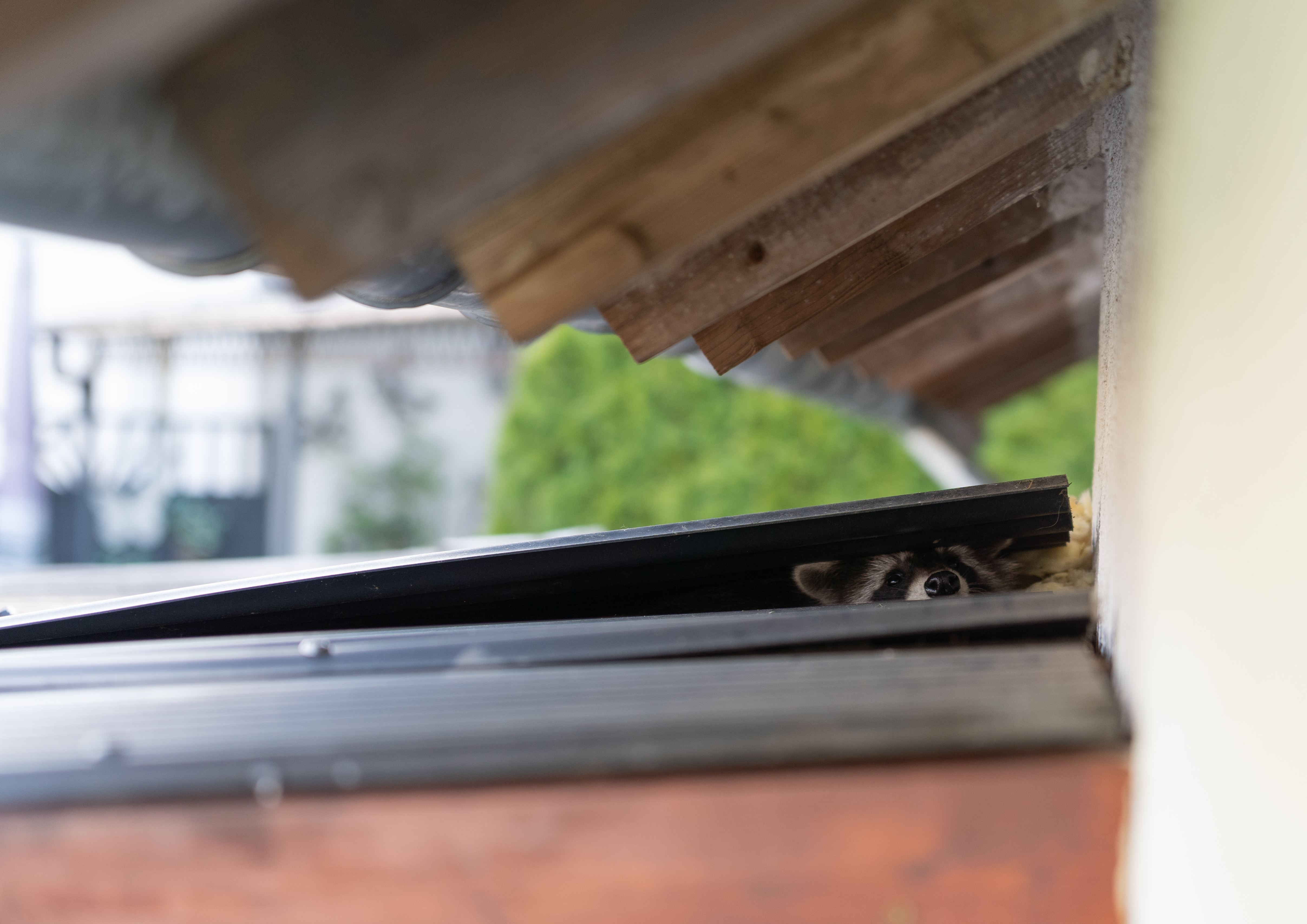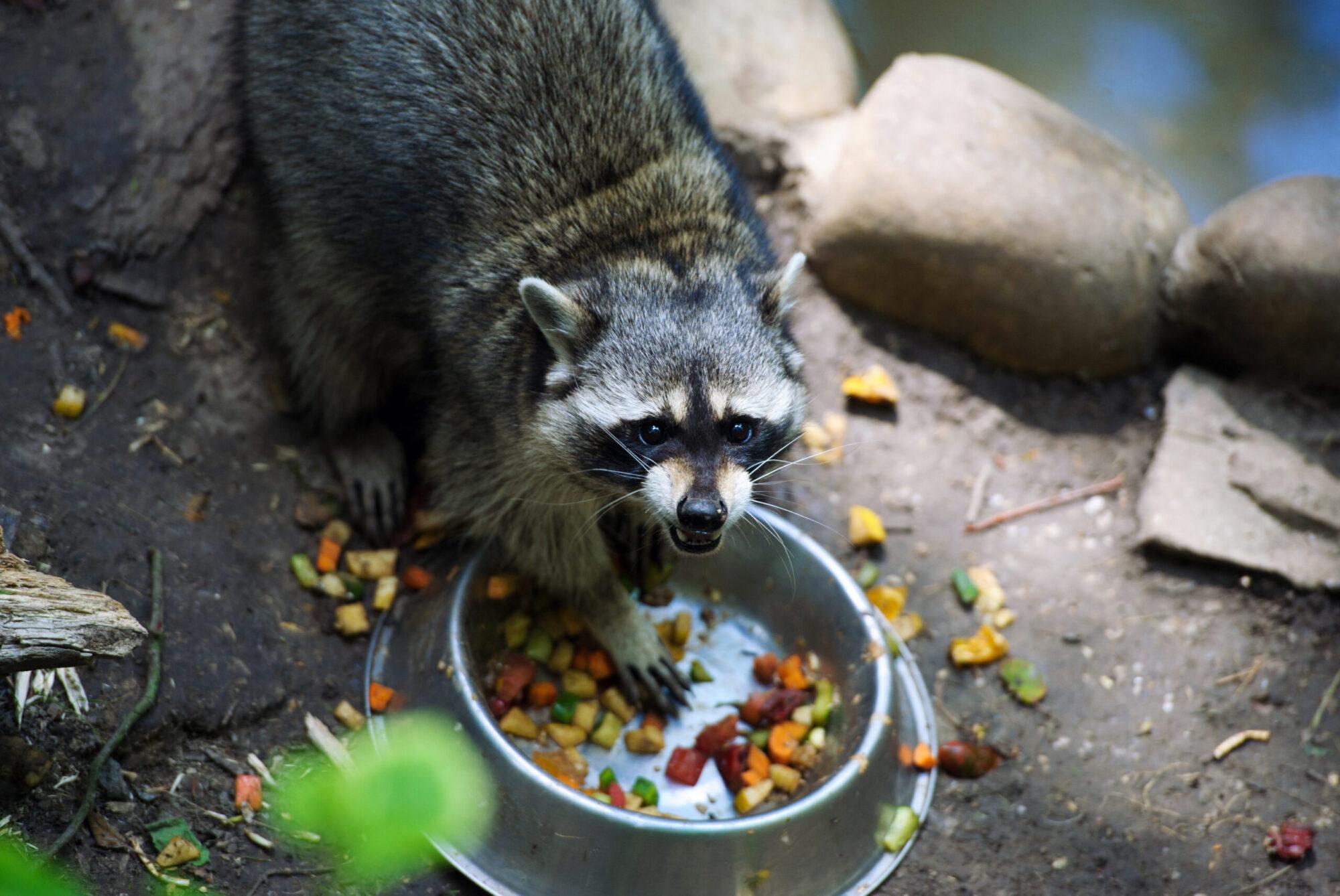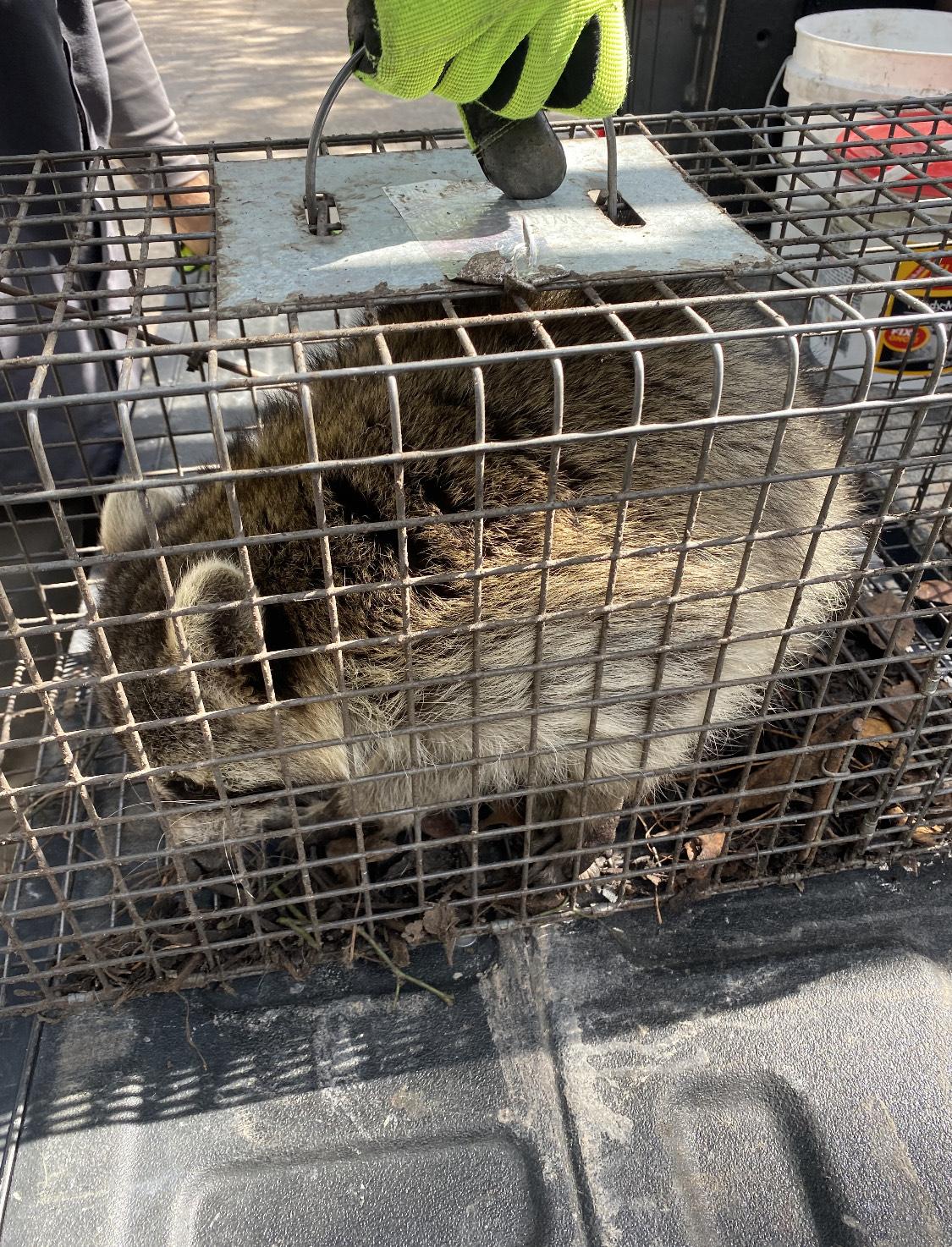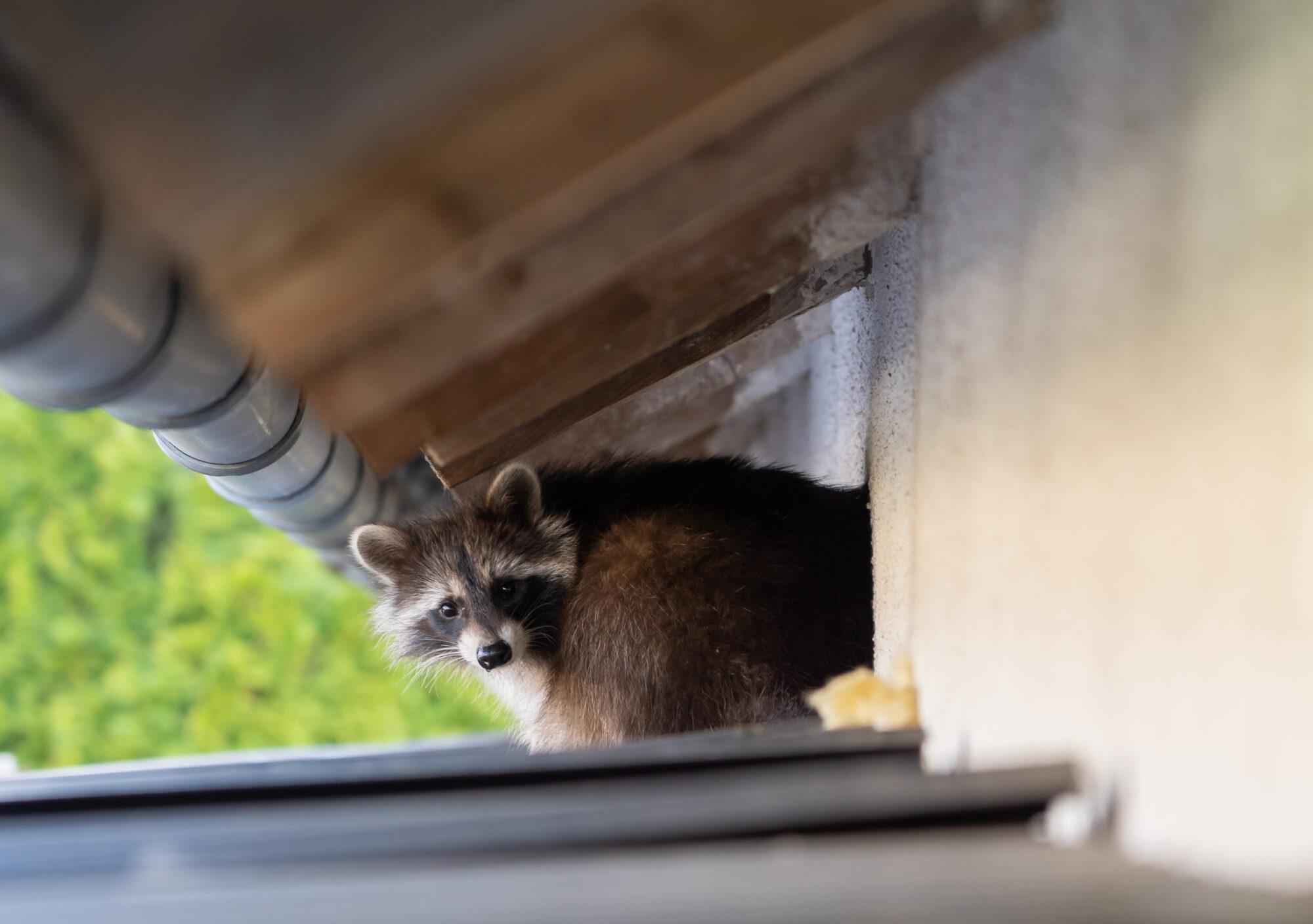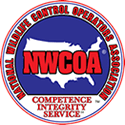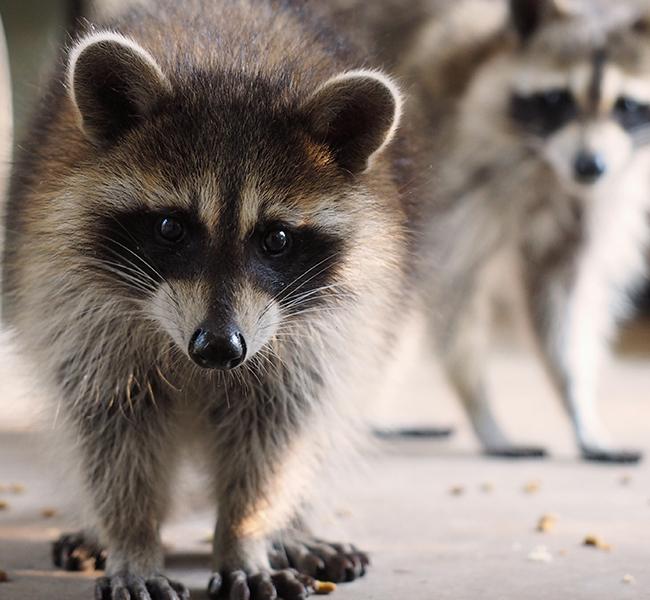
7 Places to Look for Raccoon Damage
Raccoons can cause a huge amount of damage in various areas of your home.While we hope you’ll spot the signs of raccoons long before they start tearing your home apart, these seven types of damage may mean you need to call us for an inspection.#1) ShinglesRaccoons know that shingles are

